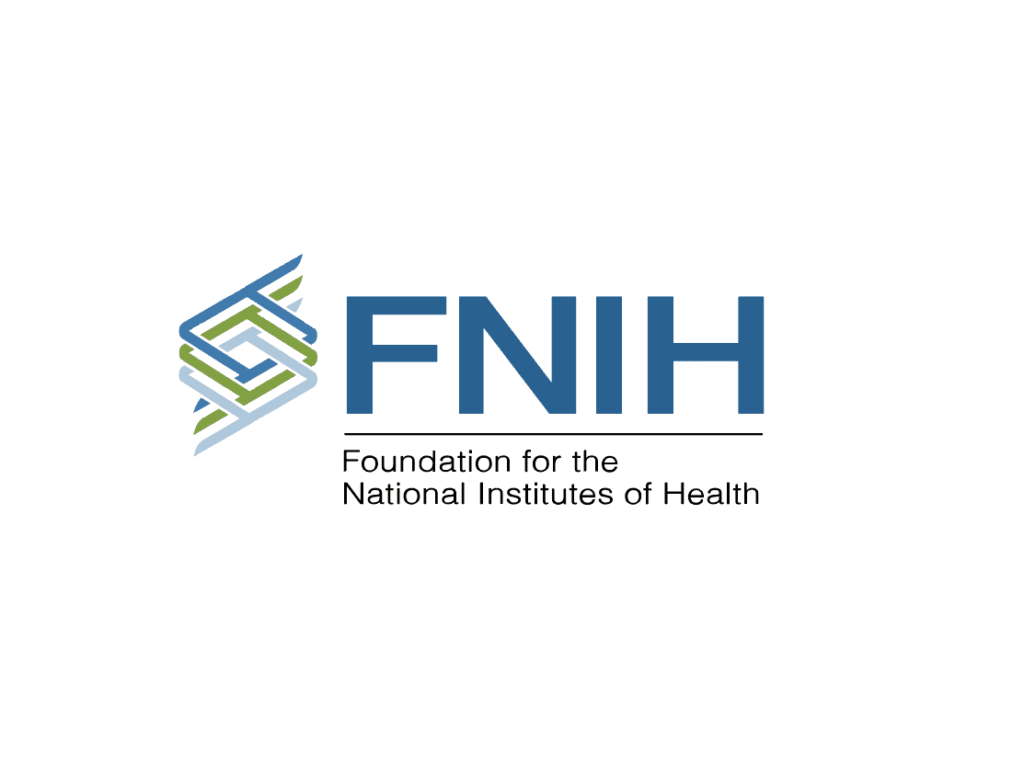

Your Vote Matters: A Vital Political Determinant of Health
By: Omar A. Escontrías, DrPH, MPH, Senior Vice President, Equity, Research and Programs
“Preservation of one’s own culture does not require contempt or disrespect for other cultures.”
– Cesar Chavez, Civil Rights Leader of the Migrant Movement
Hispanic Heritage Month, beginning on September 15, has once again arrived to honor the culture, contributions, and values of Hispanics/Latinos in the U.S.
Last year, I wrote a blog titled, Promotores de Salud/Community Health Workers: A Vital Workforce to Championing Positive Health in the Hispanic/Latino/A/X community. I paid homage to my mother, a promotora herself, who continues to champion chronic disease prevention strategies along the U.S./Mexico border. As a community health worker, her mission extends beyond health: she also empowers communities to engage in the democratic process by voting. She understands that right to vote is one of the greatest achievements of the American Dream. I was able to participate in this important civic duty after I took an oath to support and defend the U.S. Constitution in 2007 to become a U.S. citizen and voted in my first presidential election in 2008.
The right to vote is a key driver of public health. According to Daniel E. Dawes, renowned professor, attorney, health equity leader, and architect of the Patient Protection Affordable Care Act (ACA), voting constitutes one of the three political determinants of health along with government and policy. Creating change in health outcomes and unwinding health disparities requires an electorate that holds its elected officials accountable for supporting policies that curtail health inequities.
With less than eight weeks remaining until the 2024 presidential election, the Hispanic/Latino vote is more important than ever to change the course of health care policy.
As the largest racial/ethnic group in the U.S., many Latinos lack access to health care, resulting in poor health outcomes. For example, one in two Hispanics/Latinos will develop type 2 diabetes in their lifetime, according to the Commonwealth Fund. Poor diabetes management resulting from inadequate access to health care puts Hispanics/Latinos at higher risk of developing other comorbid chronic conditions, such as heart disease, kidney disease, loss of vision, and cancer. Voting for champions of policies aimed at improving accessibility and coverage to health care can contribute to improved health outcomes for the Latino community.
Hispanics/Latinos comprise a large portion of the U.S. electorate, making up a total of the 14.7% eligible voters in the upcoming November elections as reported by the Pew Research Center. Voto Latino, the leading civic engagement and advocacy organization in educating and empowering Hispanic/Latino voters, has registered over 1.1M eligible voters since 2012.
The passage of ACA was a pivotal moment in U.S. history, providing many with health coverage, but Voto Latino states that “there is more to be done.” Our collective work must leverage the underpinnings of the ACA and seek to empower the Hispanic/Latino constituency to vote in local, state, and federal elections that can shape health care for generations to come.
To end with another quote by Cesar Chavez, “We cannot seek achievement for ourselves and forget about progress and prosperity for our community.”
!Si se puede! !Pa’Lante!
If you are not registered to vote, you can do so at vote.org.


